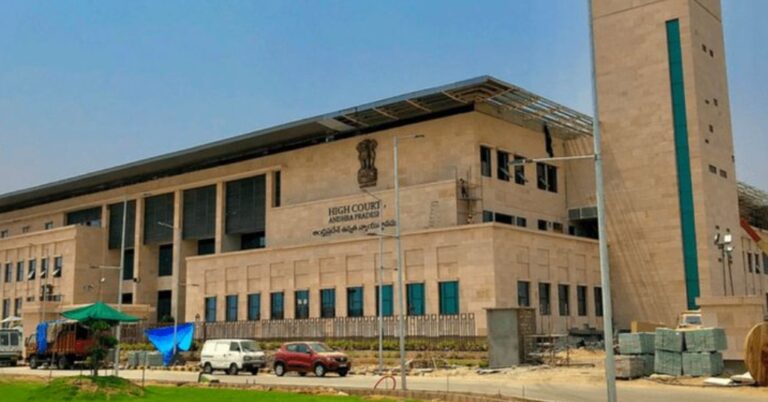Introduction
The Andhra Pradesh High Court, in its decision dated 14 August 2025, held that refund claims filed beyond the prescribed limitation period under the GST regime are to be entertained in certain circumstances, especially where such delay is attributable to subsequent judicial pronouncements clarifying the law. Relying on the Supreme Court ruling in Mohit Minerals Pvt. Ltd. v. Union of India, the Court emphasized that substantive justice must prevail over procedural technicalities when taxpayers’ claims arise out of taxes levied without authority of law.
Case Background
-
The petitioner had paid GST on ocean freight charges, which were later declared unconstitutional by the Supreme Court in Mohit Minerals (2022).
-
Based on this judgment, the petitioner filed a refund application for the taxes already paid.
-
However, the refund application was filed beyond the limitation period prescribed under Section 54 of the CGST Act, 2017.
-
The department rejected the claim on the ground of delay, arguing that statutory timelines are mandatory.
-
Aggrieved, the petitioner approached the Andhra Pradesh High Court.
Key Issue
-
Whether a refund claim filed beyond the limitation period should be admitted when the tax payment itself is later held unconstitutional by the Supreme Court?
Court’s Observations
-
Binding nature of SC ruling in Mohit Minerals
-
The Supreme Court had categorically struck down the levy of IGST on ocean freight as unconstitutional.
-
Any tax collected without authority of law cannot be retained by the State, as per Article 265 of the Constitution.
-
-
Right to refund is a constitutional right
-
Article 265 mandates that no tax shall be levied or collected except by authority of law.
-
If tax is collected illegally, the assessee has a fundamental right to seek refund.
-
-
Limitation not to defeat substantive justice
-
Procedural laws, including limitation provisions, cannot be applied rigidly to defeat refund of taxes collected without authority.
-
The High Court relied on Mafatlal Industries Ltd. v. Union of India and later rulings that recognized the principle that limitation may not bar refunds when levy is struck down as unconstitutional.
-
-
Equitable considerations
-
The taxpayer filed refund after the Mohit Minerals ruling clarified the legal position.
-
Hence, the delay was justified and bona fide.
-
Decision
-
The Andhra Pradesh High Court directed the department to entertain the refund application on merits, notwithstanding the expiry of the statutory limitation period.
-
It clarified that refund cannot be denied merely on limitation grounds when the levy itself was held unconstitutional.
Significance of the Ruling
-
Reinforces that substance prevails over procedure in tax jurisprudence.
-
Provides relief to several assessees who had paid GST on ocean freight or similar levies later struck down by courts.
-
Strengthens taxpayers’ right to claim refund of unconstitutional levies even if limitation period has lapsed.
